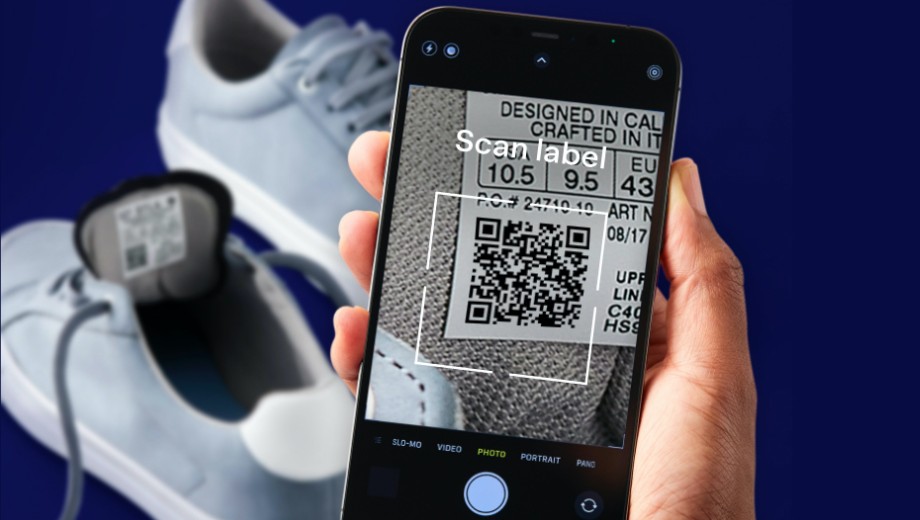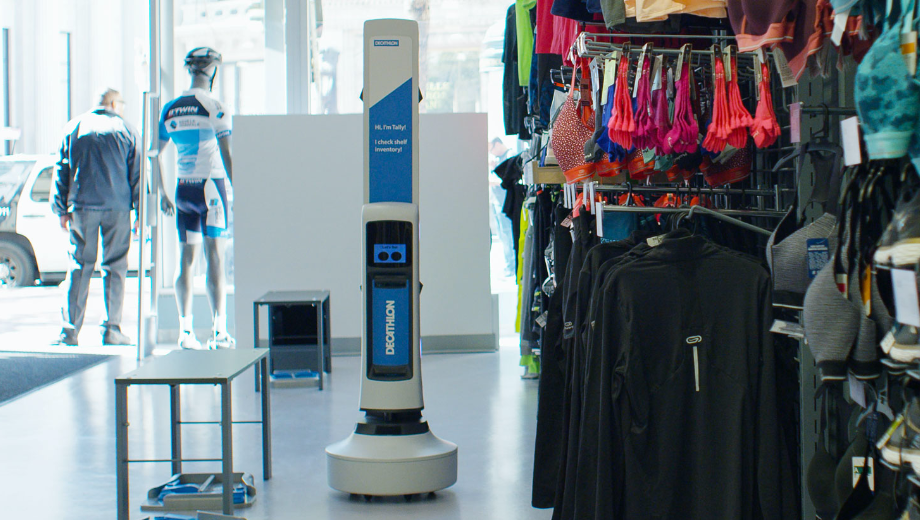“No future in retail without RFID”
In a comprehensive article, the “RFID & WIRELESS IOT GLOBAL” magazine sheds light on the history of Levi Strauss’ RFID implementation, the company’s motivation, experiences, and plans for the near future. The magazine also conducted an interview with Stefan Otte, Vice President Global Real Estate & Partner Retail, at Levi Strauss & Co., who said that “RFID technology is becoming the standard. In the trade with goods, the customer and the product should be the focus. The use of RFID technology promotes this goal, as employees become digital shopping experts and advise customers about products they have not yet had the chance to hold in their hands. There will be no future in retail without RFID.”
Sales increase thanks to RFID
That statement alone should lure apparel retail decision-makers into reading the article carefully. In doing so, they will get to know the in-depth reasons for the global rollout in 110 countries, which, in a nutshell, is centered around optimizing inventory accuracy, according to Stefan Otte: "The increase in inventory accuracy to almost 100 percent opens up new potentials in sales. Stores in which the RFID application is already fully operational records an average increase in the low to mid single digits," reports Stefan Otte.” On top of that, omnichannel shopping, self-service terminals, and much more can be integrated once RFID is implemented.
Readers of the RFID & WIRELESS IOT GLOBAL article will learn more about Levi Strauss’s RFID implementation process and Avery Dennison’s involvement in that roll-out, which includes the delivery of pre-coded paper labels directly to the manufacturers of Levi's products.



